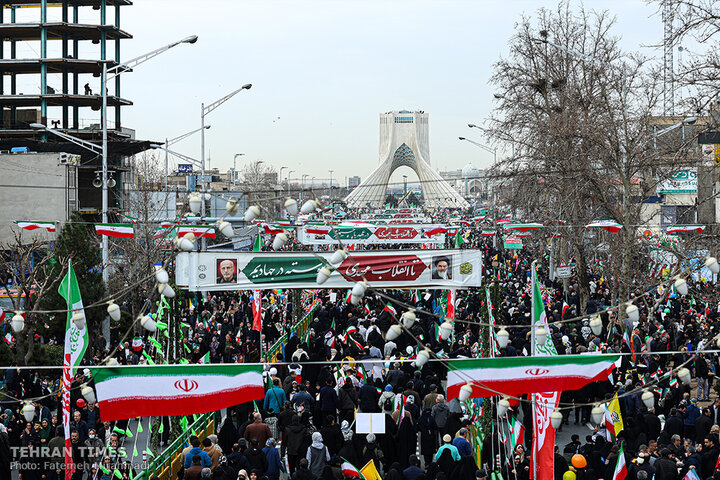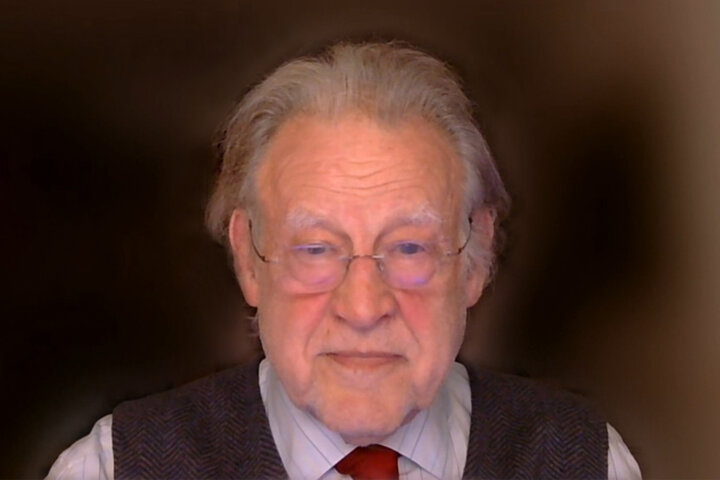-
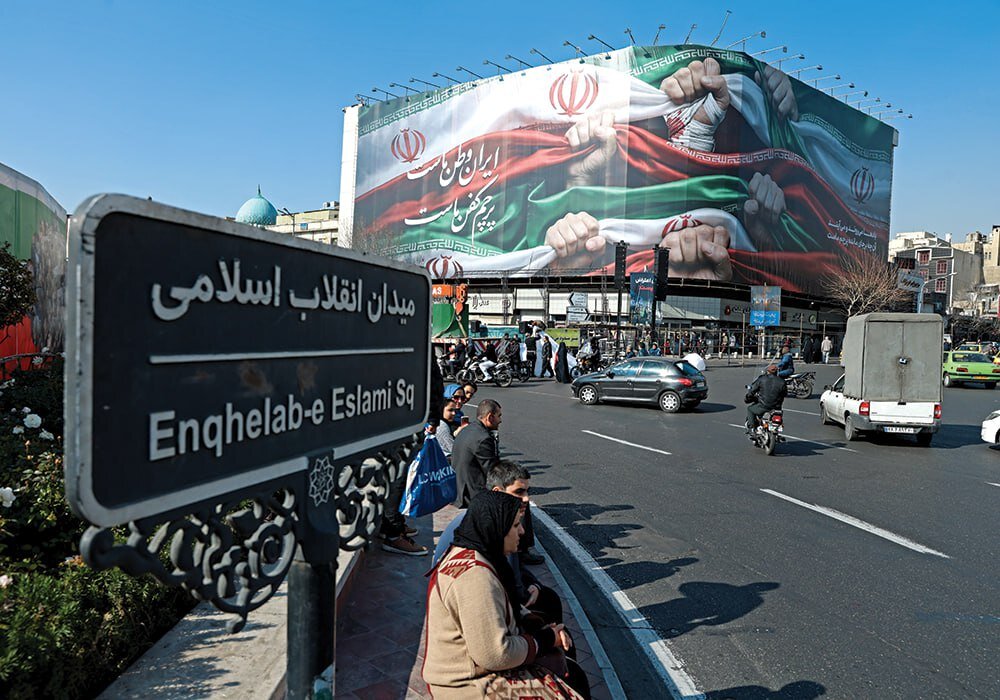 2026-02-14 21:53
2026-02-14 21:53
By Faramarz Kouhpayeh
A surrendered Iran is a balloon in Trump’s dreams
US president openly admits his aim is pressure and pain, not a diplomatic solution
TEHRAN – When Iran and the United States began new nuclear negotiations earlier this month, the entire region breathed a sigh of relief. West Asia had come close to being drawn into a conflagration after President Donald Trump said he was considering military action against Iran, framing it as support for CIA-backed riots aimed at toppling the government.
-
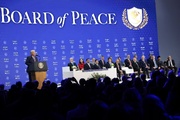
By Sahar Dadjoo
Peace must be shaped by Palestinians, says rights activist
Rifat Odeh Kassis says the Trump-backed Gaza Board of Peace lacks UN legitimacy and meaningful Arab engagement
TEHRAN- In an interview with the Tehran Times, Palestinian Christian human rights activist Rifat Odeh Kassis offers a critical assessment of the Gaza “Board of Peace” amid growing international controversy over Gaza’s post-war governance and security arrangements.
-

By staff writer
Munich Security Conference exposes a fracturing U.S.–Europe alliance
TEHRAN – The 2026 Munich Security Conference unfolded as a public display of growing strategic and ideological divergence between the United States and Europe. While officials on both sides reaffirmed their commitment to NATO and the transatlantic partnership, the tone and substance of their remarks revealed a widening gap over leadership, values, and the future structure of Western power.
-

By Wesam Bahrani
Will Israel annex the West Bank?
TEHRAN – The Zionist regime does not appear to be moving toward a full and direct reoccupation of the West Bank, at least for now.
-

By Sondoss Al Asaad
Enforced disappearances and escalation: Israel’s expanding security pressure in Lebanon
BEIRUT — Amid rising regional tensions, a troubling pattern has begun to take shape inside Lebanon: a series of abductions attributed to Israeli occupation forces, leaving Lebanese citizens in a state of uncertainty and fear.
-
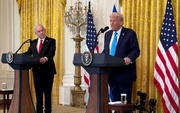
By Ibrahim Majed
Netanyahu in Washington: The invisible architecture of US-Iran policy
BEIRUT – When Benjamin Netanyahu arrives in Washington, the choreography is familiar: handshakes in the Oval Office, invocations of an “unbreakable alliance,” carefully staged symbolism.
Politics
-

Iranian, Russian, and Chinese diplomats hold talks on Tehran’s nuclear program
TEHRAN - The ambassadors of Iran, Russia, and China to international organizations in Vienna have held another round of talks on the latest developments related to Iran’s nuclear program.
-
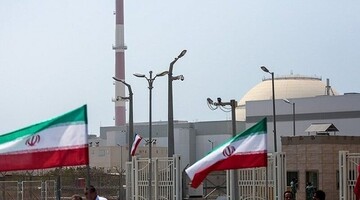
Amidst US pressure to halt enrichment, IAEA chief says Iran entitled to peaceful atomic activities
TEHRAN - The Director General of the International Atomic Energy Agency (IAEA) has acknowledged that Iran has the right to pursue peaceful nuclear work under the Nuclear Non-Proliferation Treaty (NPT).
-
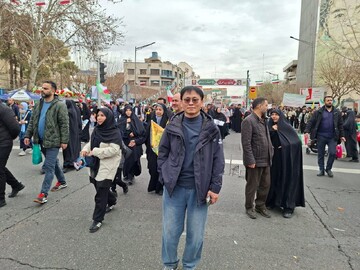
A Chinese professor's take on the anniversary parade of the Islamic Revolution
TEHRAN – On February 11th, I once again witnessed the parade celebrating the 47th anniversary of the Islamic Revolution in Tehran. In previous years, I have witnessed such celebrations in both Tehran and Urmia. As a Chinese professor who earnestly hopes for a brighter future for Iran, I have some personal observations and reflections after witnessing this year’s celebratory parade, which I would like to share with the Iranian people who are yearning for positive changes in their country.
Sports
-

Gol Gohar beat Persepolis to move top of 2025/26 PGPL
TEHRAN – Gol Gohar defeated Persepolis 3–1 in Matchweek 21 of the 2025/26 Persian Gulf Pro League (PGPL) on Saturday.
-

Iran CP football program suspended for one year
TEHRAN - The International Federation of CP Football (IFCPF) has confirmed the conclusion of disciplinary and compliance processes involving the CP Football programs of Iran, Brazil, and Ukraine, following investigations conducted in line with IFCPF regulations and international classification standards.
-

Beyrami carries spirit of national pride at 2026 Winter Olympics
TEHRAN - 2026 Winter Olympic Games brought the world’s finest winter athletes to the snow-covered stages of Italy, where dreams were tested against ice, speed, and gravity. Among them was Samaneh Beyrami Baher, proudly representing Iran in the demanding discipline of 10km freestyle cross-country skiing.
Culture
-
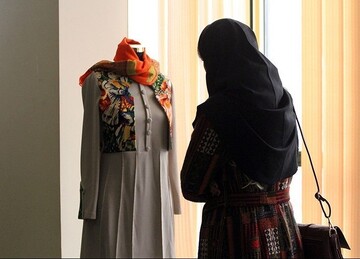
Hoda exhibition to showcase Iranian Islamic clothing in Ramadan
TEHRAN- The National Exhibition of Hoda Iranian Islamic Clothing, dedicated to the holy month of Ramadan, will commence at Imam Khomeini Mosalla in Tehran on Wednesday.
-

David Mamet’s “A Life in the Theater” to be performed at Labkhand Theater Complex
TEHRAN – Labkhand Theater Complex in Tehran will host the play “A Life in the Theater” written by David Mamet from February 15.
-

Tehran cultural center to review “The Roses”
TEHRAN- “The Roses”, a 2025 black comedy movie by American filmmaker Jay Roach, will be reviewed at the Arasbaran Cultural Center in Tehran on Sunday evening.
Economy
-
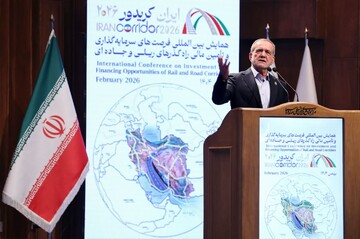
Transit routes are path to peace, development, regional security: Pezeshkian
TEHRAN- Iranian President Masoud Pezeshkian stated that routes which connect nations are the path to peace, development, science, knowledge, affection, and capability.
-

ICCIMA head to partake in 41st ICCD General Assembly in Mecca
TEHRAN – The 41st General Assembly of the Islamic Chamber of Commerce and Development (ICCD) will be held on February 16, 2026 in Mecca, on the sidelines of the third Makkah Halal Forum.
-

Strengthening Iran's fleet, a practical step in development of Caspian Sea corridor
TEHRAN- A 7,200-ton cargo vessel named "Sahel-e Khazar" was handed over to the Islamic Republic of Iran Shipping Lines (IRISL)'s fleet in an official ceremony held in the Lotus Special Economic Zone in Russia's Astrakhan region.
Society
-
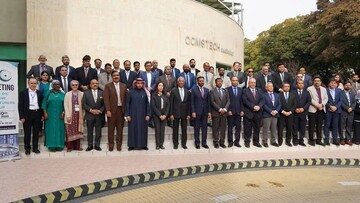
COMSTECH meeting: Iran named ‘top vaccine producer in Islamic countries’
TEHRAN – Iran has been named as one of the top three vaccine manufacturers in the Islamic world by the Ministerial Standing Committee on Scientific and Technological Cooperation (COMSTECH).
-

Farabi International Award to hold closing ceremony
TEHRAN – The closing ceremony of the 16th Farabi International Award (FIA) on the Humanities and Islamic Studies will be held in Tehran on Sunday.
-

Hyrcanian forests management project to kick off
TEHRAN – The Department of Environment (DOE) is scheduled to implement the first phase of the Hyrcanian forests sustainable management project in the next Iranian calendar year, which will start on March 21.
Tourism
-

Desert village Qaleh Bala moves closer to possible UN label
TEHRAN – Cultural heritage authorities in Shahroud have finalized a dossier to nominate the village of Qaleh Bala in Semnan province for inscription by the UN Tourism, a local official said on Saturday.
-
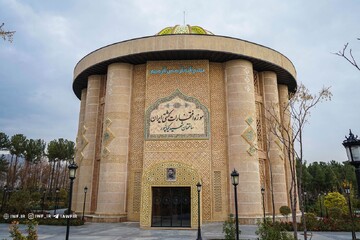
National wrestling hall of fame opens to public in Tehran
TEHRAN – Iran’s National wrestling hall of fame (aka national wrestling honors museum) opened to the public in Tehran on Saturday.
-

Tabas Salt Lake added to national natural heritage list
TEHRAN – The Tabas Salt Lake in South Khorasan province has currently been registered on Iran’s national natural heritage list following approval by the National Council for Registration of Natural Heritage, a provincial official said.
International
-

Munich Security Conference exposes a fracturing U.S.–Europe alliance
TEHRAN – The 2026 Munich Security Conference unfolded as a public display of growing strategic and ideological divergence between the United States and Europe. While officials on both sides reaffirmed their commitment to NATO and the transatlantic partnership, the tone and substance of their remarks revealed a widening gap over leadership, values, and the future structure of Western power.
-

Will Israel annex the West Bank?
TEHRAN – The Zionist regime does not appear to be moving toward a full and direct reoccupation of the West Bank, at least for now.
-

Enforced disappearances and escalation: Israel’s expanding security pressure in Lebanon
BEIRUT — Amid rising regional tensions, a troubling pattern has begun to take shape inside Lebanon: a series of abductions attributed to Israeli occupation forces, leaving Lebanese citizens in a state of uncertainty and fear.
Most Viewed
-
Tehran reiterates missile red line as Israel pushes to sink nuclear talks
-
Iran sends Jaam-e-Jame 1 satellite into space
-
Pezeshkian announces $2.5b allocation for transport corridor development
-
Iranian FM scorns Miriam Adelson for her unsubstantiated claims
-
The Epstein files: A glimpse into the rot beneath America’s ruling class
-
The fateful dilemma of Iran’s economy
-
Iran elected as vice-chair of UN Commission for Social Development
-
Nuclear chief hails Iran’s 'miraculous' progress despite severe sanctions
-
Yemen commemorates historic Feb. 11 victory against U.S. occupation
-
Top Russian official says Moscow standing by Iran
-
Leader thanks Iranian people for ‘great deed’ at Bahman 22 rallies
-
Woman, Life, Epstein
-
The fate of the Palestinian technocratic committee
-
Iran, Turkey discuss new rail link, broader transport cooperation
-
European powers face backlash over ‘misinformation’ campaign against Francesca Albanese





